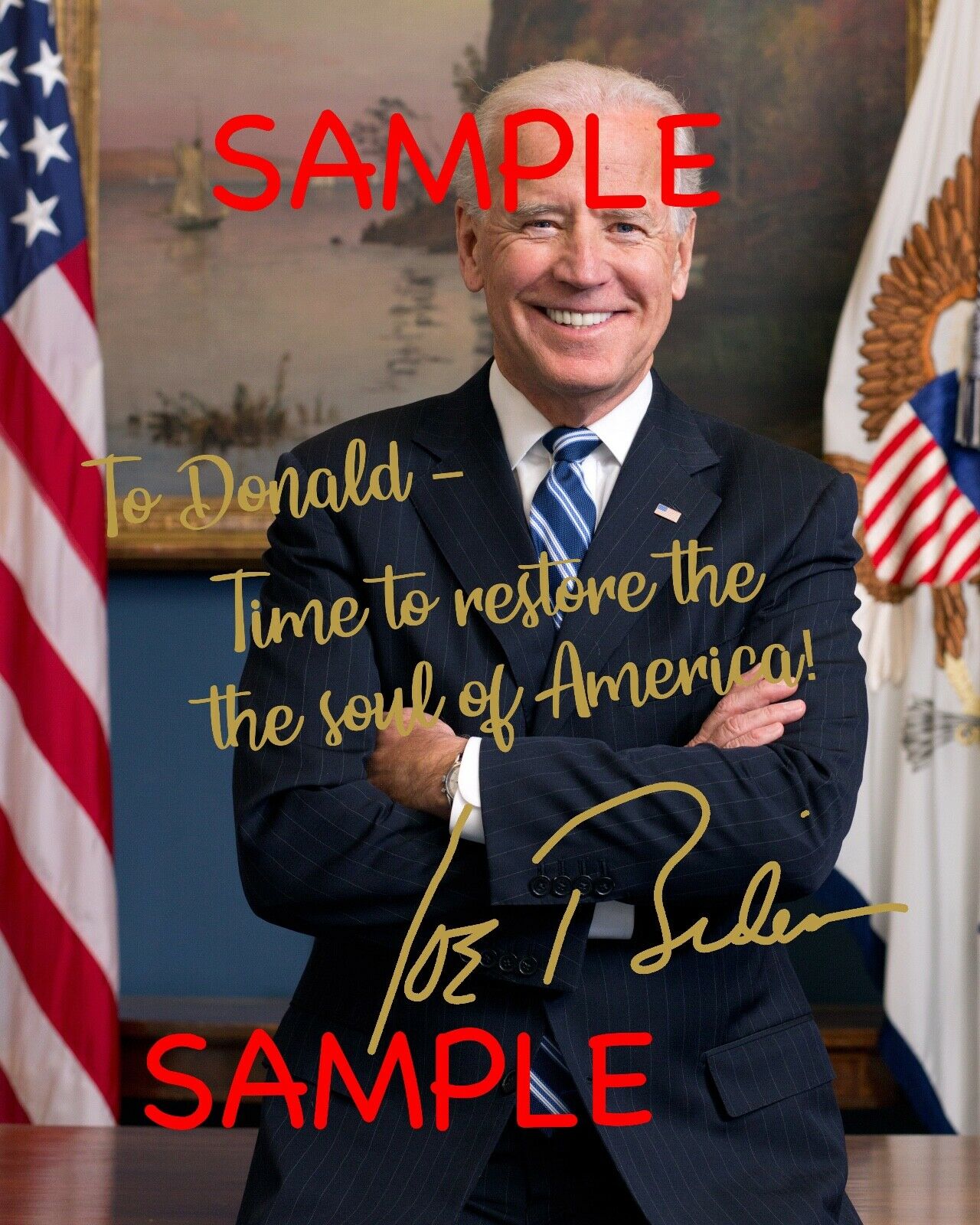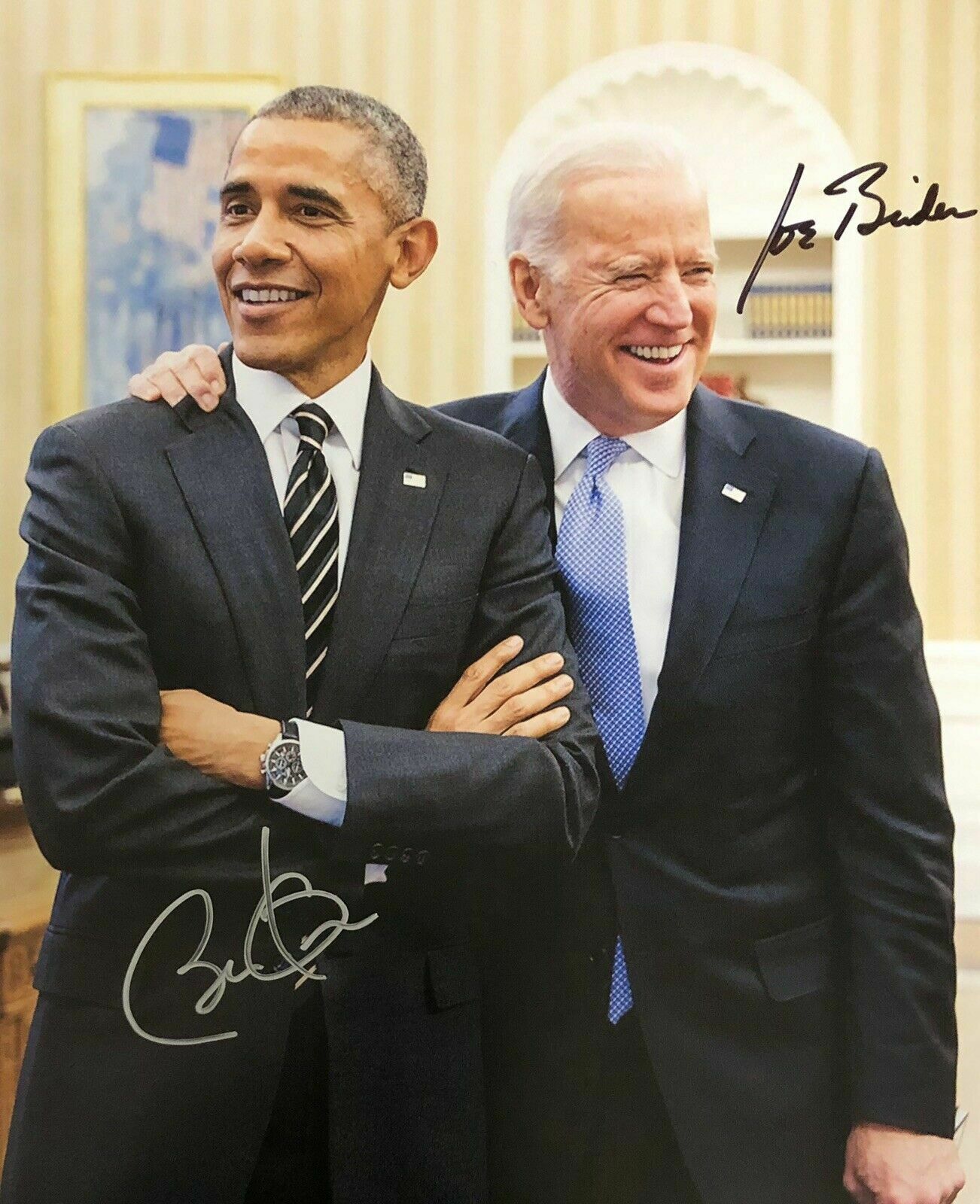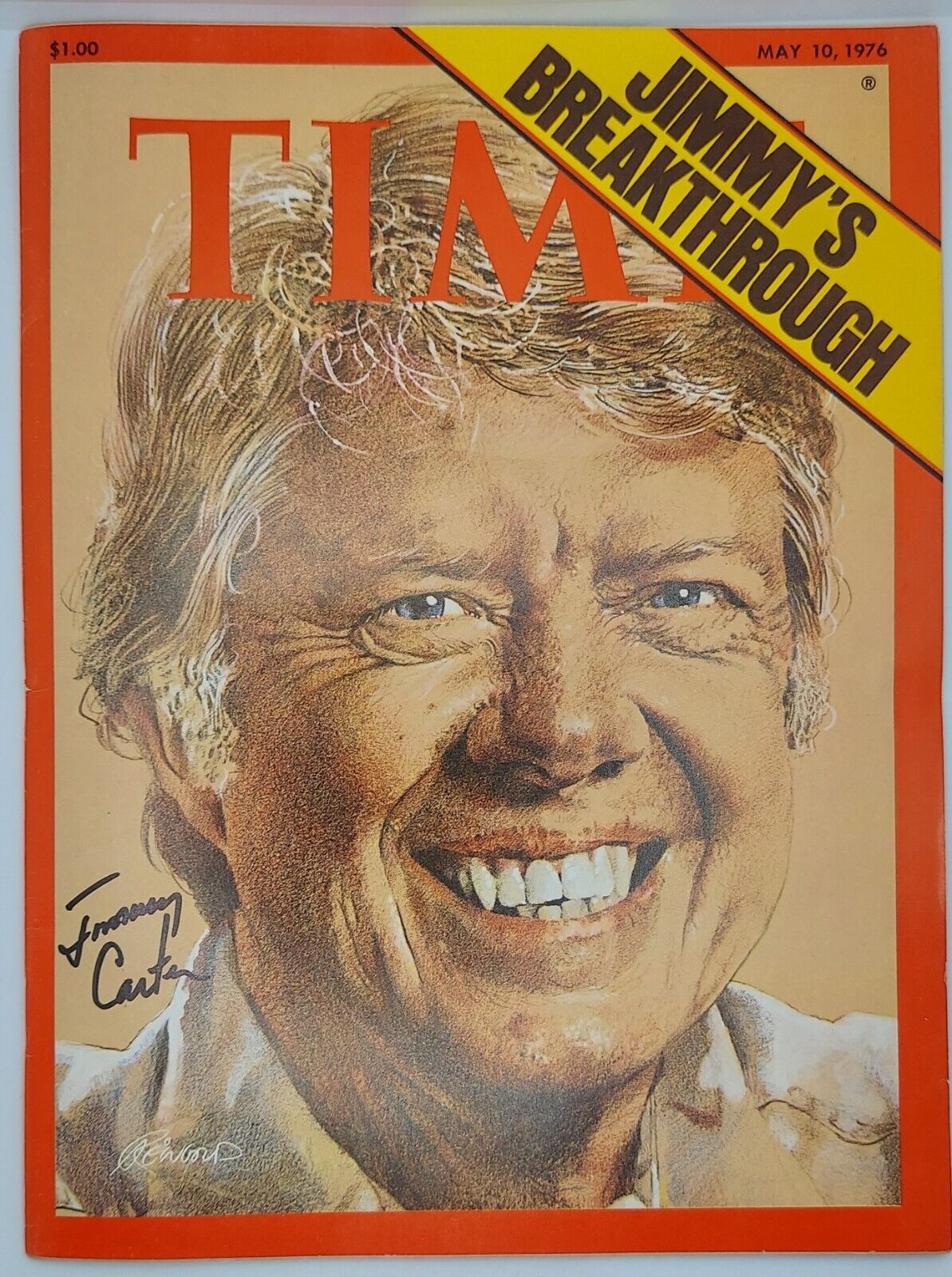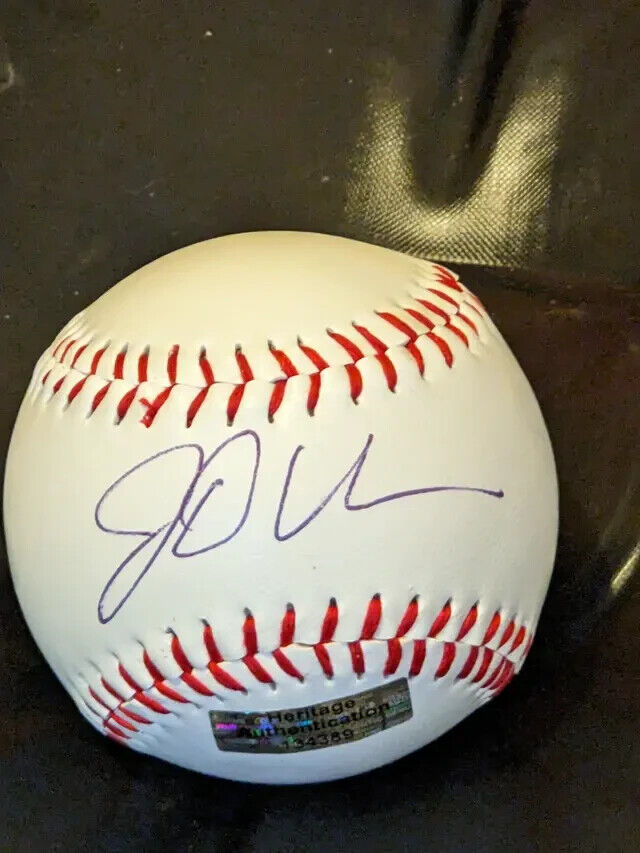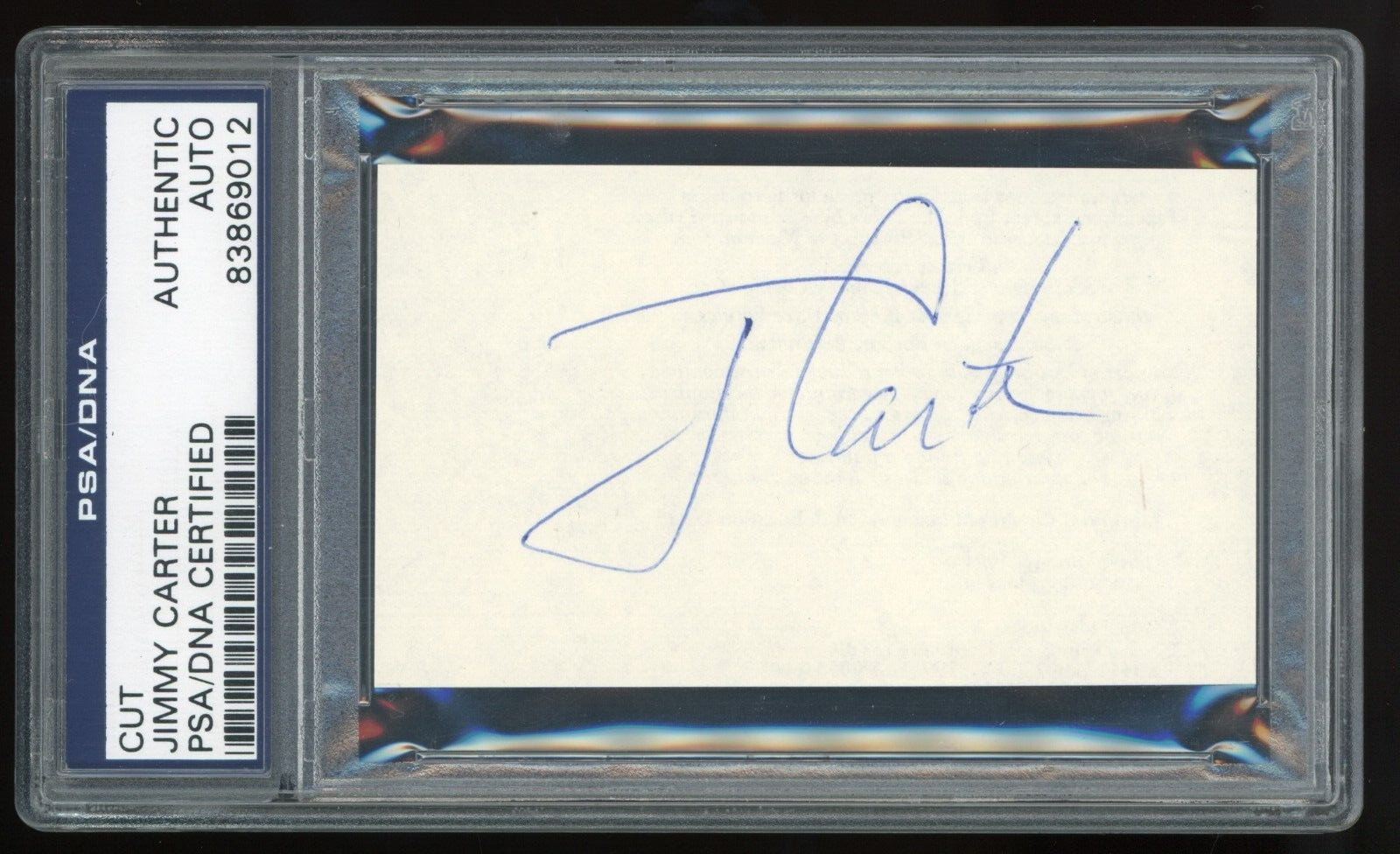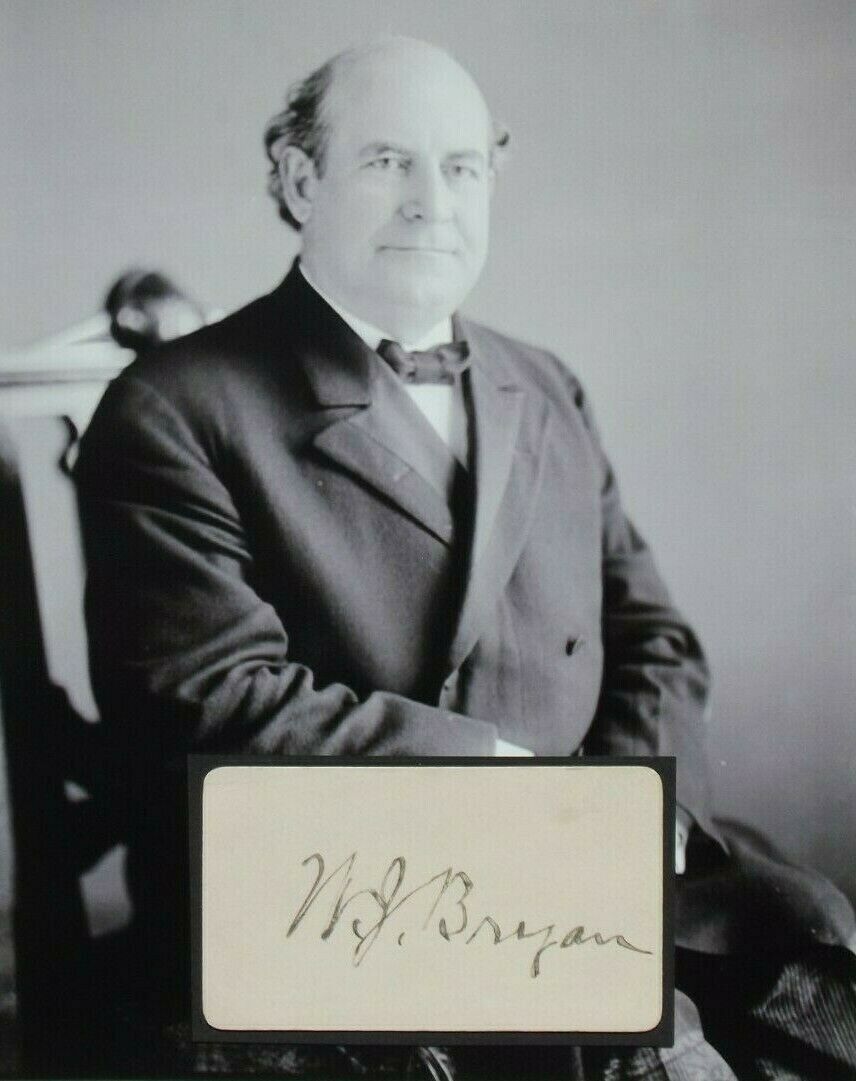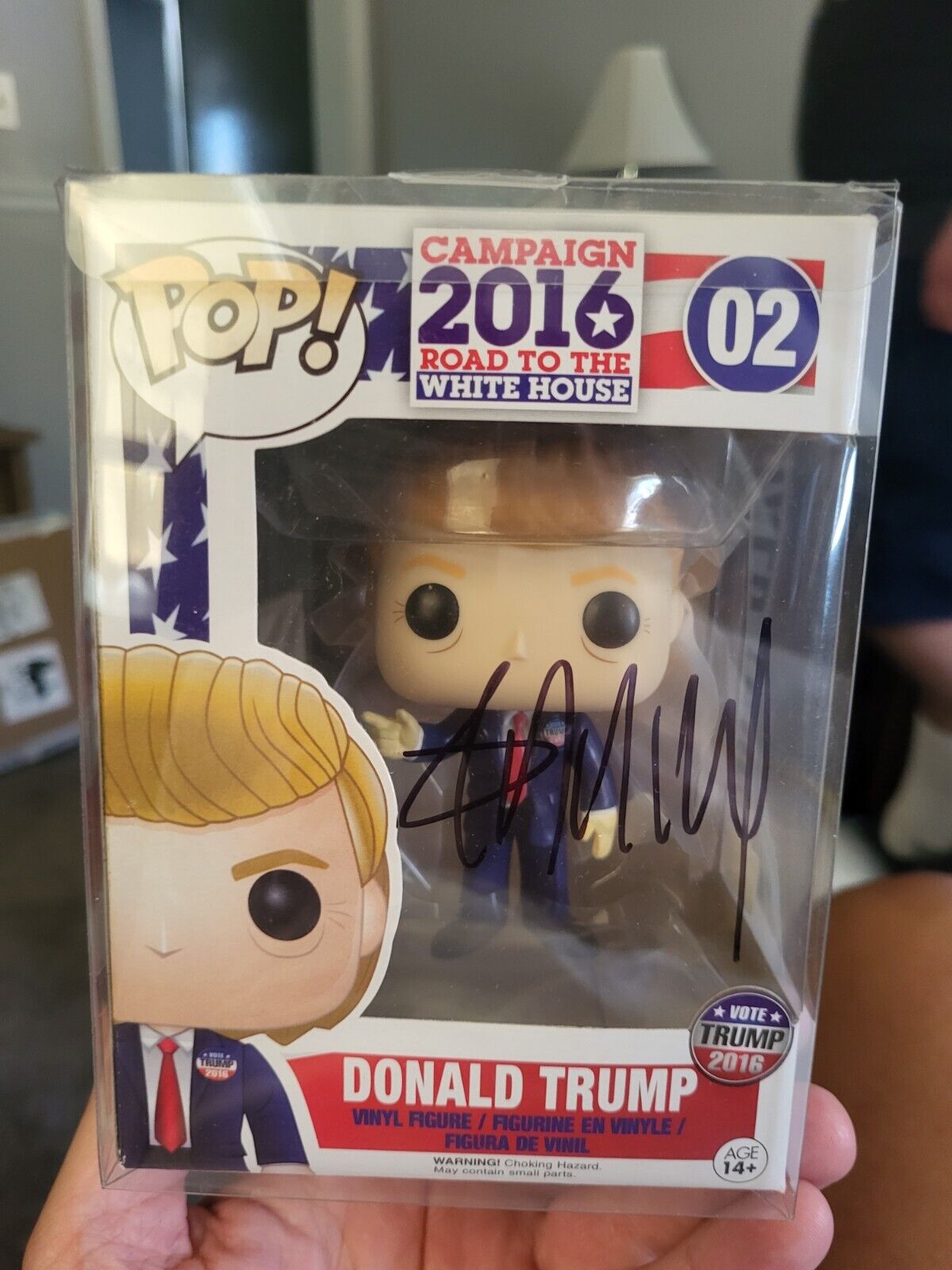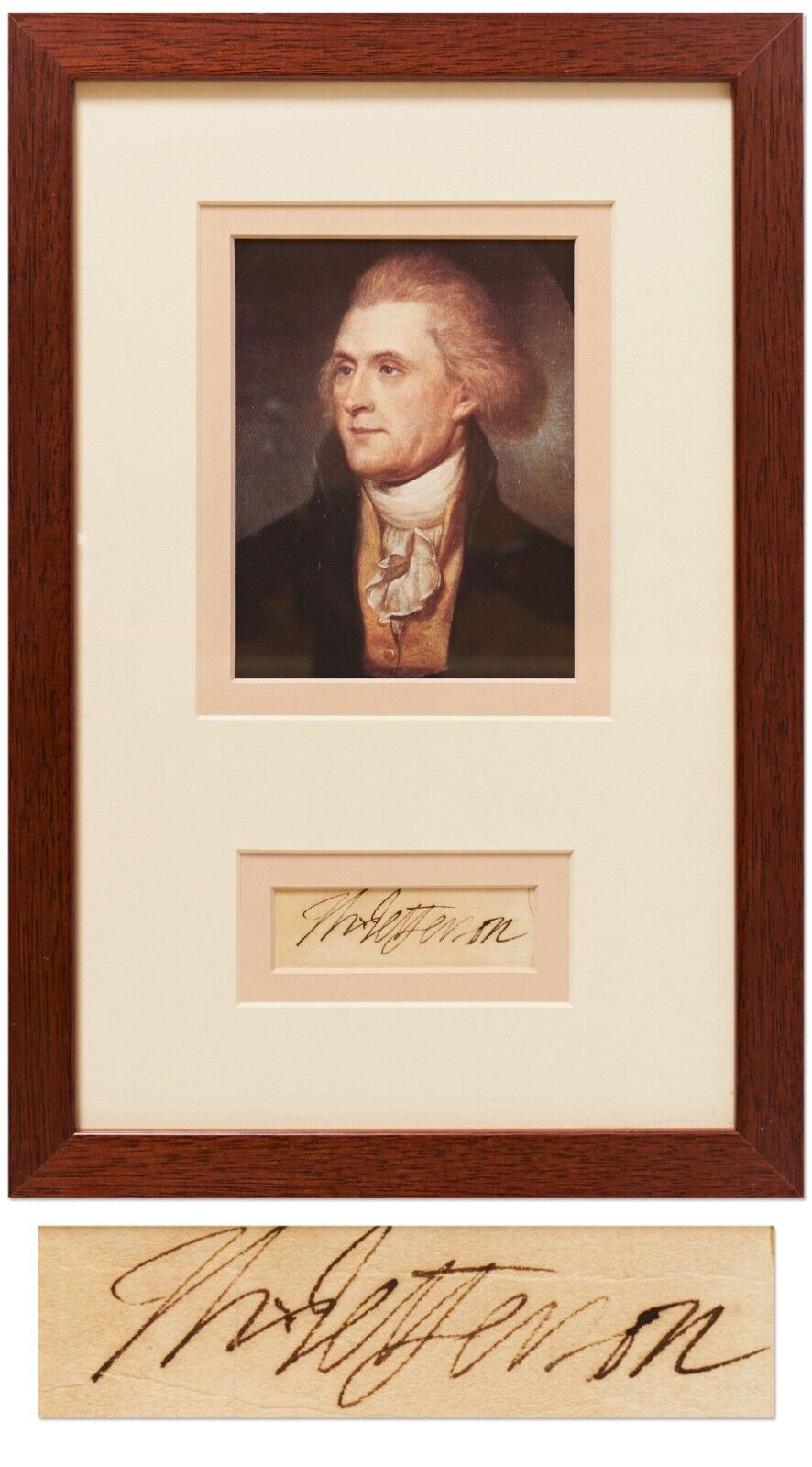-40%
Dwight D. Eisenhower Letter Signed - Writes to Winston S. Churchill re/ Cold War
$ 594
- Description
- Size Guide
Description
DWIGHT D. EISENHOWER. Important typed letter signed by Dwight D. Eisenhower as President with his initials to his
aide and speechwriter, Emmet John Hughes. Hughes was well-known for assisting Eisenhower with several of his famous speeches and authoring a 1962 memoir
The Ordeal of Power
, a scathing review that questioned Eisenhower’s political smarts and depicted Eisenhower as ill-suited for the White House.
The letter is one page, measures 9” by 7”, created in Geneva, Switzerland on July 18, 1955, in overall fine condition, and accompanied with the original mailing envelope.
IMPORTANT TYPED LETTER SIGNED BY DWIGHT D. EISENHOWER AS PRESIDENT ON THE VERY DAY OF THE 1955 GENEVA SUMMIT NOTIFYING HIS SPEECHWRITER THAT HE PERSONALLY WROTE TO WINSTON S. CHURCHILL
On the very day of the Geneva Summit, President Eisenhower notifies Hughes that he personally wrote to Winston S. Churchill: “No more than a sentence -- but I did want you to know that I wrote Winston a note just before we left Washington. I still hope you may pop up one of these days before we go back.” The Geneva Summit was a meeting in Geneva in 1955 with the leaders of the United States, France, Great Britain, and the Soviet Union that sought to end the Cold War. Such issues as disarmament, unification of Germany, and increased economic ties were discussed. No agreements were reached, however, the conference was considered an important first step toward easing Cold War tensions.
“NO MORE THAN A SENTENCE -- BUT I DID WANT YOU TO KNOW THAT I WROTE WINSTON A NOTE JUST BEFORE WE LEFT WASHINGTON. I STILL HOPE YOU MAY POP UP ONE OF THESE DAYS BEFORE WE GO BACK.”
Although Churchill was not in attendance due to having recently stepped down as the United Kingdom’s prime minister three months prior, he played a major in setting up the meeting with the new Soviet leadership after Stalin’s death in 1953. In the present letter, President Eisenhower wrote to Churchill, his close friend and political ally, likely to update him on his plans for the summit or to get advice from him. Correspondence between or related to both Eisenhower and Churchill are extremely rare and highly desirable.


